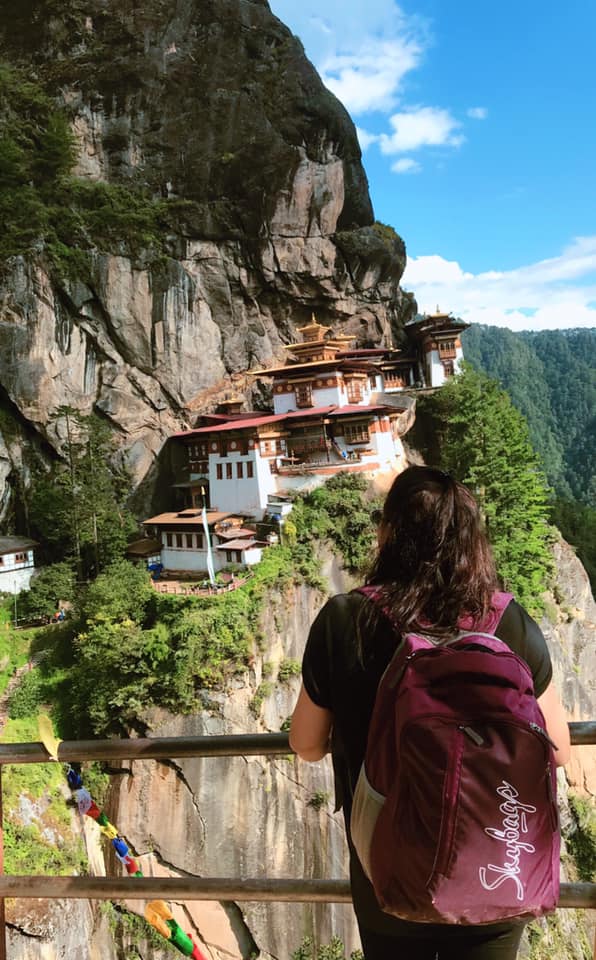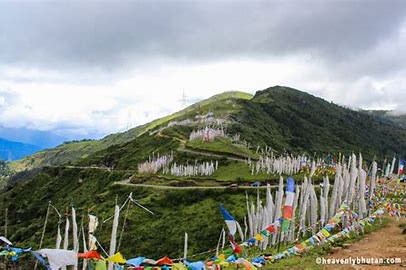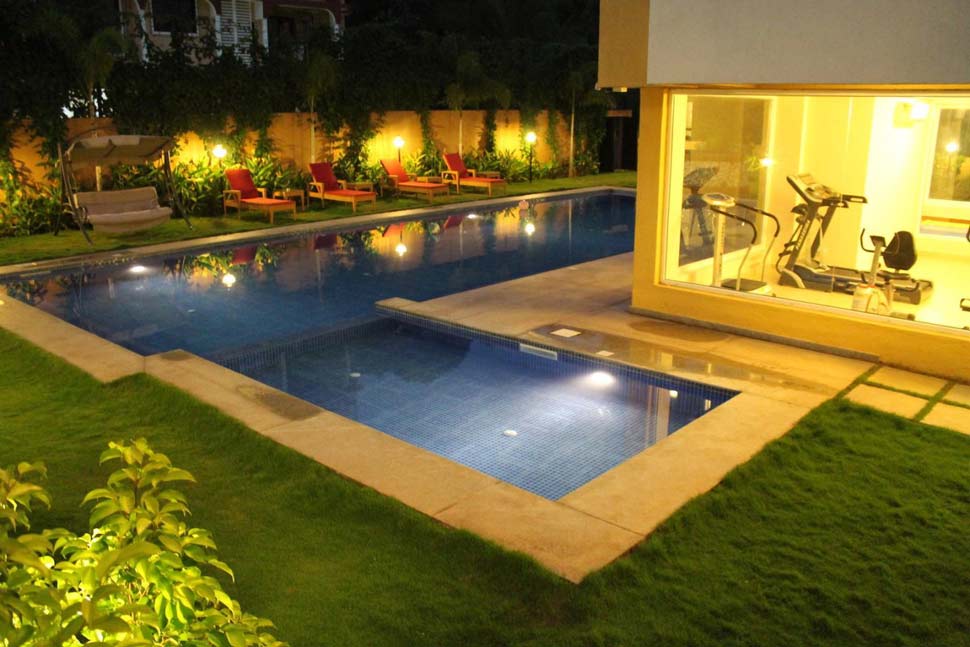
The Ultimate Guide to Hiking to the Tiger’s Nest, Bhutan
The Tiger’s Nest Monastery, also known as Paro Takstang, is one of Bhutan’s most recognized spots. Even people on the quickest of tours through Bhutan find the time to make it here. Why? Because this place is extraordinary. The Tiger’s Nest Monastery is a small collection of buildings precariously perched on a cliff, 900 meters off of the ground. It is stunning in its beauty and location.Without a doubt, a first time trip to Bhutan would not be complete without seeing the Tiger’s Nest. So, if you are contemplating a trip to Bhutan (do it! It’s one of the most awesome spots in the world), keep reading to learn more about how to hike to the Tiger’s Nest, one of the coolest little spots in Bhutan. What is the Tiger’s Nest Monastery? The Tiger’s Nest Monastery is a sacred Buddhist site located near Paro, Bhutan. It was constructed in 1692, around the cave where Guru Rinpoche first meditated, the event that introduced Buddhism into Bhutan. There is a legend that Guru Rinpoche was carried from Tibet to this location on the back of a tigress, thus giving it the name “Tiger’s Nest.” Now, this monastery consists of four temples with residential accommodations for the monks. Despite the daily visits by tourists, Paro Takstang still functions as a monastery today. How to Get to Tiger’s Nest Monastery The Tiger’s Nest Monastery is located 10 miles north of Paro (20 minutes by car), making Paro the perfect home base when making this visit. Since most people can only visit Bhutan on an organized tour, your transportation will be arranged for you. The visit to the Tiger’s Nest Monastery takes a full day. On average, it takes between four and five hours to do the round trip hike, plus one more hour to tour the monastery. Many people also have lunch in the cafeteria not far from the monastery. Plan on leaving Paro around 8 am and arriving back at your hotel around 3 pm. How to Hike to the Tiger’s Nest Monastery Due to its location, the only way to get to the monastery is by hiking. There are no vehicles that make the drive up to the monastery. However, for those who cannot hike the entire way, you can hire a horse to carry you most of the way there. Tiger’s Nest Hiking Stats Distance: 6.4 km (4 miles) round trip Total Ascent: 520 meters (1,700 feet) Highest Elevation: 3,120 meters (10,232 feet) Time: Allow 5 to 7 hours for the entire visit Getting to the Monastery The hike starts at the bottom of the mountain, right at the car park. There will be people selling souvenirs and hiking poles and this is place to hire a horse if necessary. Once you clear the trees that surround the parking lot, you get your first glimpse of the Tiger’s Nest. There it is, perched on the cliff, high off the valley floor. In just a matter of hours, you will be up there too. The trail to the Tiger’s Nest Monastery is a wide, dirt trail. It is uphill the entire way but not overly steep. It’s very doable for most people, just be prepared to take your time. The hike up to the cafeteria, which is at about the halfway point, takes most people between one and two hours. Along the way, you will pass under tons of prayer flags. Enjoy the views over the valley as you get higher. The scenery just keeps getting better. At the halfway point, the trail levels out for a little bit. Here, you can spin prayer wheels and take a break at the Takstang Cafeteria. From here, you will have a great view of the monastery. Some people choose to finish the hike here, electing not to make the final climb. First Views of the Tiger’s Nest The second half of the climb is a little easier. The trail is not as steep and gets less monotonous, especially as you near the monastery. One of the best views of the hike is at the point where you overlook the monastery. This is where many people snap that iconic photo. From here, it’s a short walk down a stone staircase. You cross a bridge covered in prayer flags, and then make a slightly strenuous climb up to the monastery. Once at the Tiger’s Nest Monastery, your guide will take you on a tour of the temples. Backpacks, photography equipment, and shoes are not allowed inside of the monastery. These will need to be left with security staff located just outside of the monastery walls. After your tour of the Tiger’s Nest, you will hike back the way you came. Make sure you get all the photos you want…this is something you will want to look back on forever. Helpful Tips Best time of year to visit the Tiger’s Nest. October to December is the best time to visit Bhutan, when the weather is clear and cool. We were here in mid-October. The weather remains clear through the winter, although it can get quite cold during this time. The spring season can also be a nice time to visit Bhutan. Things begin to really heat up in May, and from June through September the monsoon arrives. Photographing the Tiger’s Nest. The best lighting for photography is midday. While we were here in October, the monastery was in the shadow of the mountain until 11 am. Getting here early helps to avoid some of the crowds, but you will still need to wait until midday for the best photographs. How fit do you need to be to do this hike? Anyone of average fitness can complete this hike. Take your time, it is not a race. You may want to bring hiking poles to help out your knees on the descent. What to Bring. Hiking shoes, lots of water, a few snacks, and your camera. You can buy lunch or tea at the cafeteria. Tiger’s Nest with Kids. When we did this hike, Tyler was 11 and Kara was 10. This was very easy for them, although we had all just hiked to Everest Base Camp two weeks prior. The trail is a slow, steady climb that most kids seven and older should be able to handle. Picking a tour operator for your trip to Bhutan. If you are looking for a reputable, knowledgeable tour operator in Bhutan, we highly recommend Bridge to Bhutan. Bridge to Bhutan is run by two brothers, Lotay and Fin. They arranged our visas to Bhutan, scheduled our transportation into and out of Bhutan, and helped us customize our itinerary. From start to finish, we had a great experience with Bridge to Bhutan and we highly recommend them.




